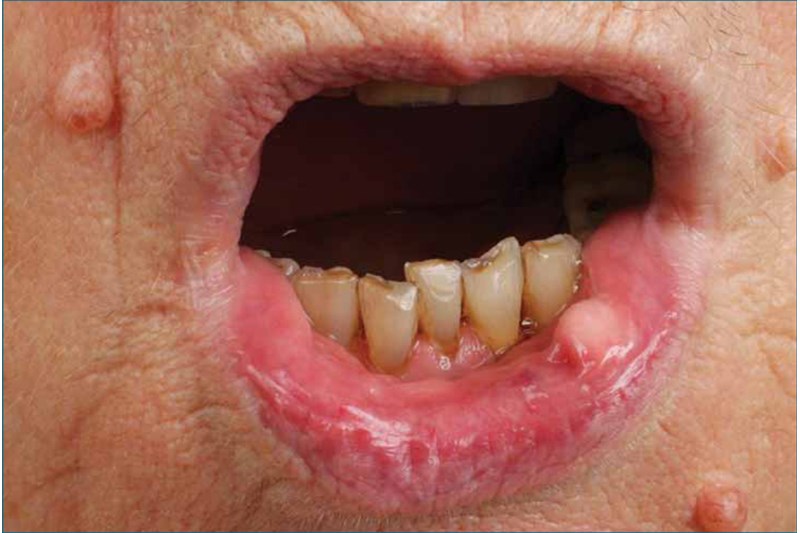
Hearing the word cancer is never a pleasure in Massachusetts. One of the most severe forms of cancer that develops in the mouth or throat is oral cancer. For better outcomes and a higher death rate, early identification and treatment are crucial. When you are aware of multiple things, you can easily know if there are any signs of developing cancer. When you take the first step of diagnosing cancer, you can easily have the right treatment planned out for you by a dental practice in Norfolk, MA. A dentist’s office can assist in the early detection and successful treatment of oral cancer.
What Part Do Dentists Play In Keeping Oral Cancer At A Distance?
Dental professionals play a critical role in both the early detection and prevention of oral cancer. Dentists can check for any indications of issues in your mouth and throat during routine dental examinations. Additionally, dentists may provide you with helpful advice on how to reduce your chance of developing oral cancer, such as quitting smoking and drinking.
Taking Precautions to Safeguard Your Dental Health.
In addition to routine dental examinations and testing, you may take the following additional steps to safeguard your oral health and reduce your risk of developing oral cancer:
- Give up smoking. The biggest factor that increases your risk of developing mouth cancer is smoking. Quitting smoking can significantly reduce your risk.
- Restrict your alcohol intake. An increased risk of oral cancer is associated with excessive alcohol use.
- Maintain a nutritious diet. A diet rich in fruits, vegetables, and whole grains that is well-balanced can improve your overall health and reduce your chance of developing cancer.
- Avoid exposing your lips to the sun. Use sunscreen with a broad-spectrum SPF of 30 or higher to achieve this.
- Take good care of your teeth by flossing daily and brushing twice a day with fluoride toothpaste. Additionally, be careful to schedule routine checks with your doctor.
By taking these precautions and seeing the dentist on a regular basis, you can reduce your chance of developing mouth cancer and enhance your overall dental health.
What Happens During Oral Cancer Screening?
Oral cancer screenings are often painless and rapid. A physician or nurse will examine your mouth and throat during a test to check for any issues, including:
- Open sores or lesions that refuse to go away
- Red or white spots
- having tingling or numbness
- Having difficulty consuming food
- No comfort for my aching throat
- Pain in the ears
If any unusual spots are discovered, your physician can recommend more testing, such as a sample, to confirm the diagnosis.
What is Oral Cancer?
Numerous mouth regions, including the throat, lips, tongue, cheeks, and gums, can become the focal point of oral cancer. Although everybody can have this illness, certain individuals are more susceptible than others. These danger indicators consist of the following:
- Use of tobacco: Smoking and chewing tobacco are the major causes of oral cancer.
- Overindulging in alcohol: Excessive alcohol use can significantly raise the risk, particularly when combined with tobacco use.
- Human papillomavirus (HPV): Individuals with specific HPV kinds are at risk for developing oral cancer, particularly in the throat.
- Age: As people age, their risk of developing mouth cancer increases.
- Sun exposure: An excessive amount of sun exposure increases the risk of lip cancer.
- Genetic vulnerability: Having a family history of oral cancer also increases the chances.
Why It Is Critical To Diagnose Mouth Cancer Early.
Early detection of oral cancer is critical for effective therapy. Seeing a dentist or other medical expert on a frequent basis can help detect issues in the mouth and throat that may indicate cancer or disorders that may progress to cancer. Early detection of oral cancer frequently results in treatment options.



